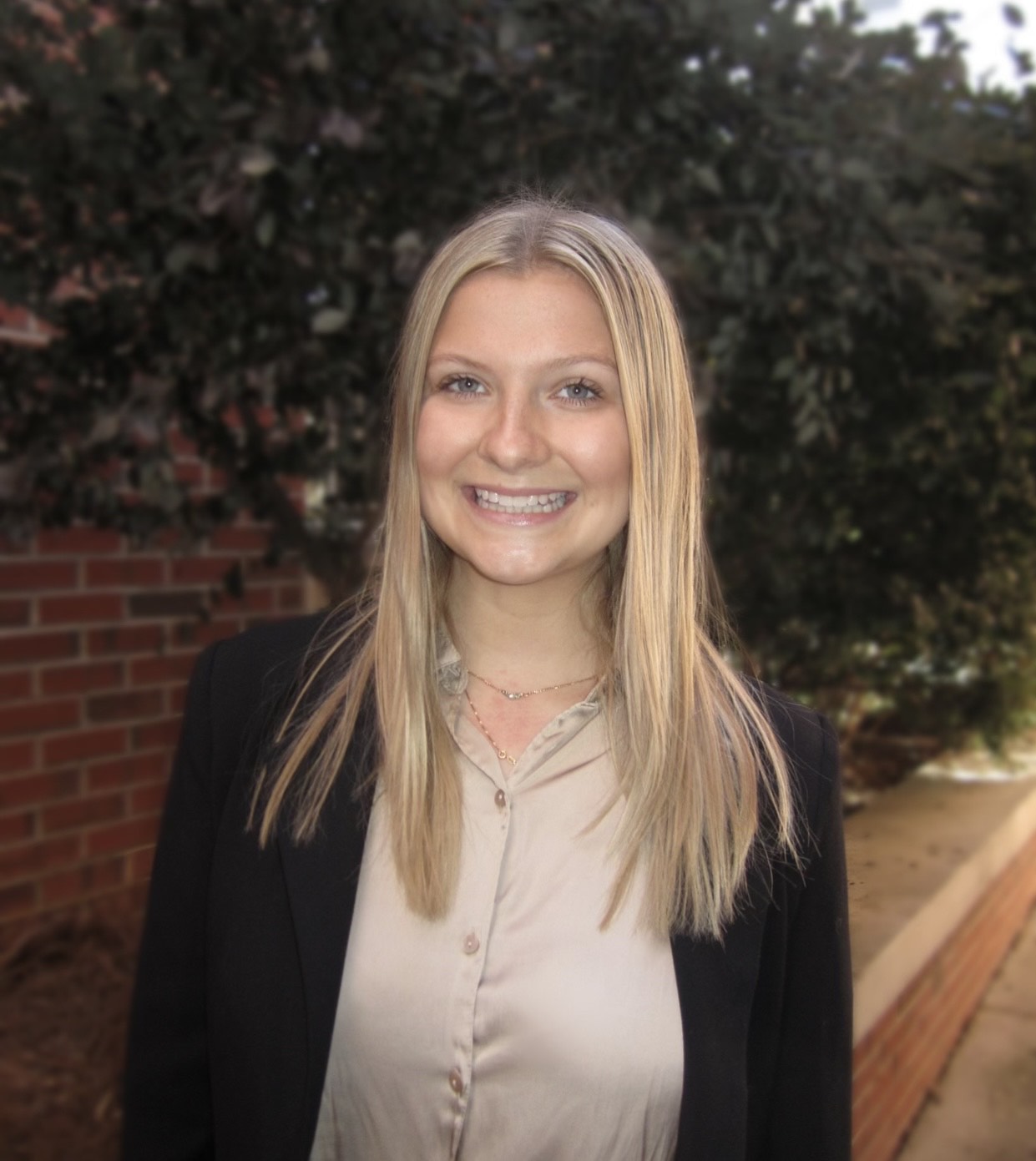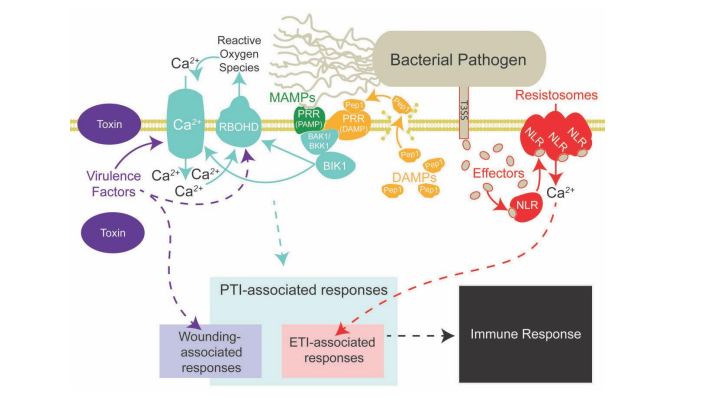Research Symposium
24th annual Undergraduate Research Symposium, April 3, 2024
Olivia Ferguson Poster Session 1: 9:30 am - 10:30 am /229

BIO
I am currently a sophomore here at Florida State University majoring in Biology with minors in Chemistry and Computer Science. At FSU I am involved in Pickle-ball Club and in Leon County I am an Administrative Volunteer at Stems4girls, a local nonprofit. I am from Daytona Beach where I have a seasonal job and conduct most of my shadowing. I am so grateful for this Undergraduate Research Opportunity Program where I got to delve into topics of microbiology where I expanded my laboratory skills and scientific inquiry. I hope to one day work in a health profession where I can apply these skills that I've acquired during my undergraduate years.
Identifying Novel Elicitors of Toxin-triggered Immunity
Authors: Olivia Ferguson, David ThomsStudent Major: Biology
Mentor: David Thoms
Mentor's Department: Department of Biological Sciences Mentor's College: College of Arts and Sciences Co-Presenters: Shadman Ishman
Abstract
A healthy microbiome is essential for the optimal growth and well-being
of plants and animals alike. However, beneficial microbes and pathogenic
bacteria are often phylogenetically alike and how a host is able to distinguish
between the two is not yet understood. In plants, we understand that the
pathogenic Pseudomonas fluorescens N2C3 strain induces a novel potent
immune response while the beneficial Pseudomonas fluorescens WCS365
does not. Moreover, this pathogenic immune response is caused by both
syringomcyin-dependent and syringomcyin-independent elicitors. To identify
the syringomcyin-independent elicitors, an oxidative burst assay with Col-O
and BBC triple mutant type plants was performed to measure the ROS
(luminescence) response of various Ox-burst treatments via a ROS protocol.
The results depict that there is a strong non-syringomycin dependent and
MAMP independent immune response being induced by the pathogen
suggesting that the novel compound of toxin-triggered immunity is a
complex unknown molecule. Looking forward, additional replicates of this
experiment will need to be conducted to substantiate these preliminary
findings.
Keywords: Biology, Molecular, Immunology

